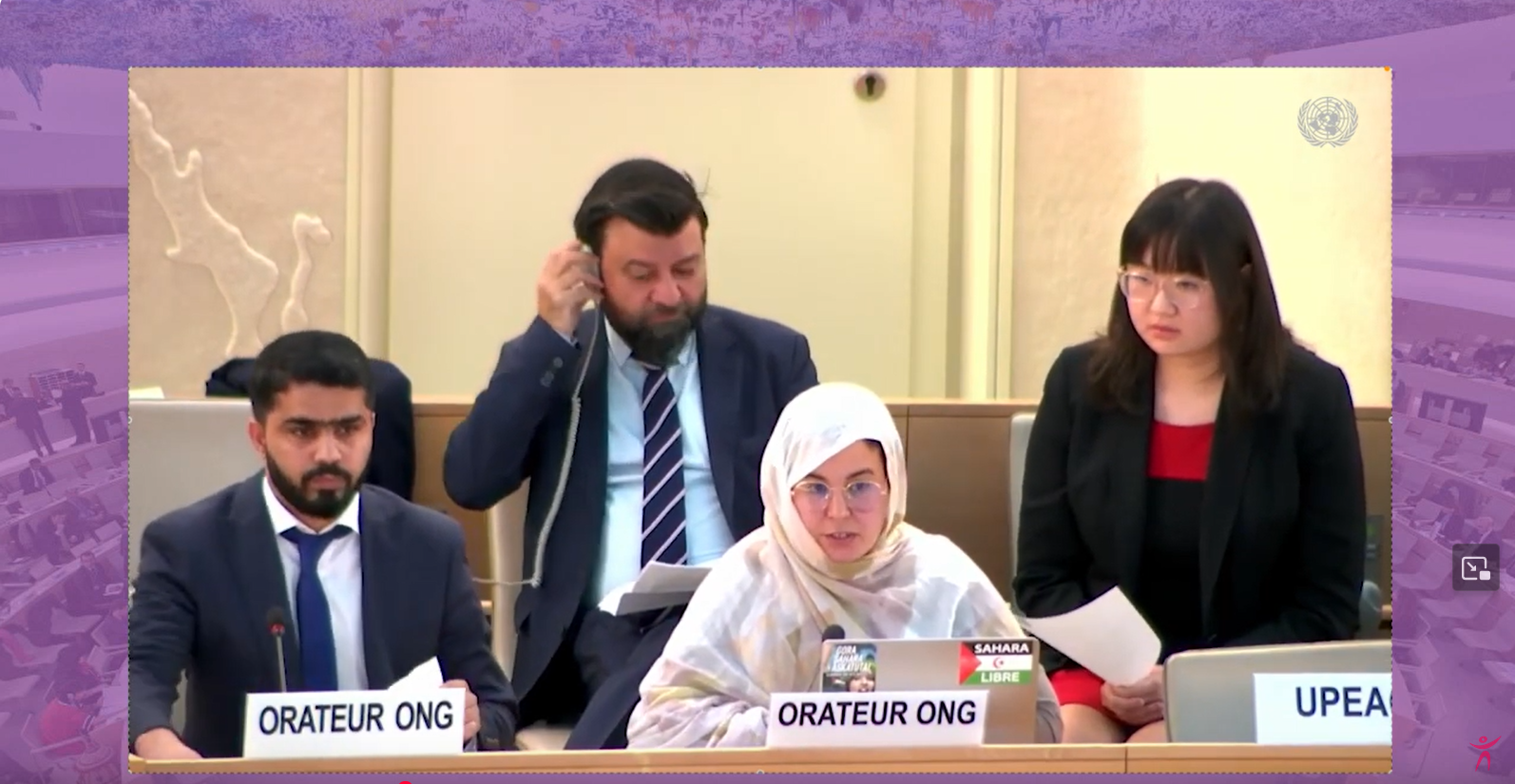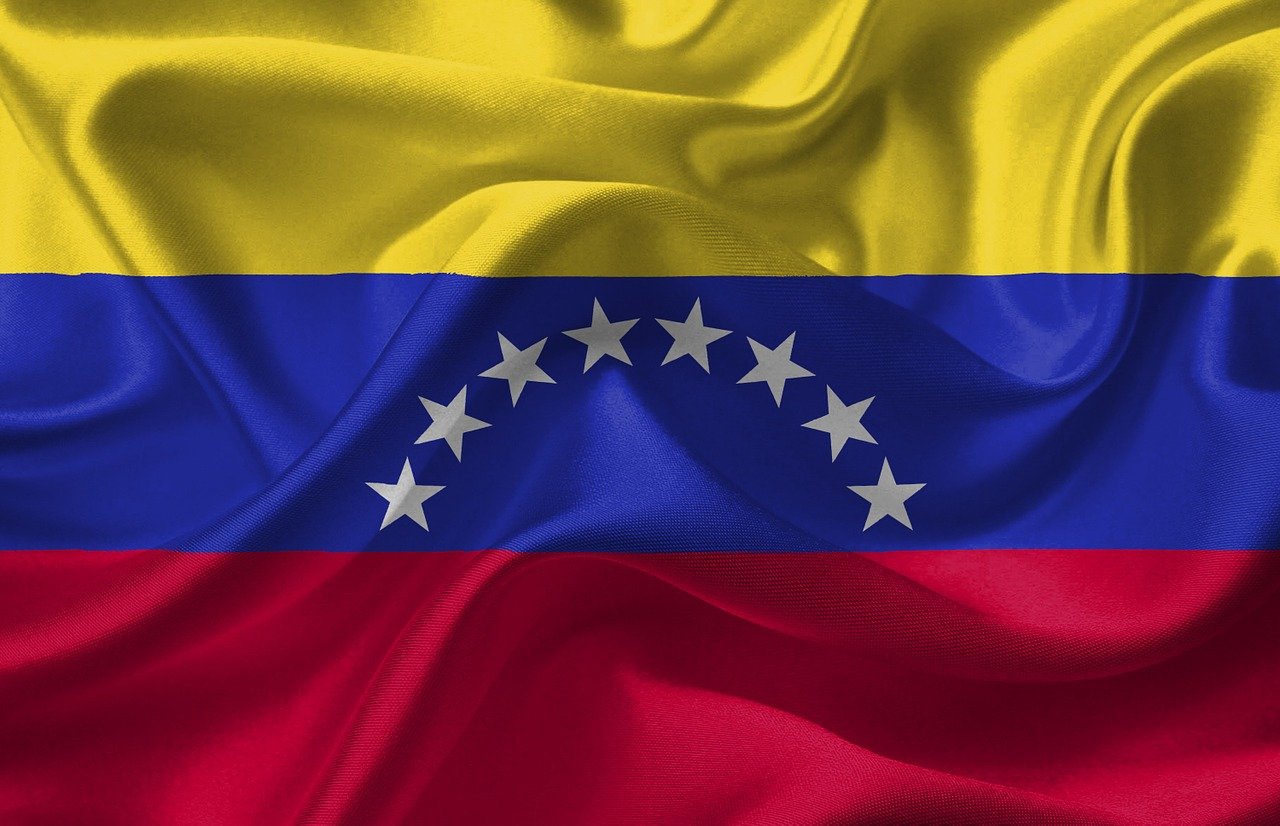(Geneva) – A decision of the Supreme Court of the Maldives preventing the country’s independent national human rights institution from communicating with the UN without government authorisation is a clear breach of international law and flagrantly incompatible with the Maldives’ membership of the UN Human Rights Council, the International Service for Human Rights has said. That view has since been reiterated in strong statements by the UN High Commissioner for Human Rights and the Special Rapporteurs on Human Rights Defenders and the Independence of Judges and Lawyers.
The Supreme Court decision, issued on 16 June 2015, arose from a court-initiated prosecution of the Human Rights Commission of the Maldives on charges of treason following the Commission’s submission of a report to the UN on the politicisation and lack of independence of the judiciary in the Maldives, together with other human rights challenges in the country.
While the written judgment is not yet available, it is understood that the Supreme Court gave oral orders that the Human Rights Commission refrain from communicating with international bodies other than through the government and that it ‘uphold the Maldives’ reputation’.
‘The right to communicate freely with international organisations and to be free from retaliation and reprisals in connection with such communications is a fundamental principle of international law. Indeed, the Paris Principles on National Human Rights Institutions, together with consensus resolutions of the UN General Assembly and the UN Human Rights Council, encourage national human rights commissions to submit information and reports to the UN,’ said Eleanor Openshaw of ISHR.
In September 2014, the Council adopted a consensus resolution which explicitly ‘welcomes the important role played by national human rights institutions in the Human Rights Council’ and ‘commends in particular the increasing engagement of national human rights institutions at all stages of the universal periodic review’. The resolution further specifies that ‘national human rights institutions and their members and staff should not face any form of reprisal or intimidation’ and ‘emphasises that any cases of alleged reprisal or intimidation against national human rights institutions and their members and staff or against individuals who cooperate or seek to cooperate with national human rights institutions should be promptly and thoroughly investigated, with the perpetrators brought to justice’.
‘For a member State of the UN Human Rights Council to retaliate against a national human rights institution for providing a report to the Council is tantamount to contempt and is plainly incompatible with membership of that body,’ Ms Openshaw said.
ISHR calls on the government of the Maldives to urgently bring forward such legal and constitutional amendments as are necessary to fully safeguard the independence and effectiveness of the National Human Rights Commission, to explicitly enshrine the right of the Commission and all persons to safe and unhindered communications with the UN, and to absolutely prohibit any form of intimidation, retaliation or reprisal for exercising this right.
ISHR further calls on the President and members of the UN Human Rights Council to speak out strongly and unambiguously condemning this reprisal and denouncing the incompatibility of judgment with the Maldives’ membership of the Council.
Background
Further information on the human rights situation in the Maldives is set out in ISHR’s recent Briefing Paper on the situation of human rights defenders in the Maldives to the UPR.
During the course of the UPR, which took place in May 2015, States including Norway, Switzerland, Niger, Mauritius, Tunisia and Canada made recommendations on strengthening and ensuring the independence and impartiality of the NHRI. Switzerland specifically recommended that the HRCM be allowed to carry out its work, including engaging with the international mechanisms, free from reprisals.
On 18 June 2015, ISHR sent a formal communication to the President of the UN Human Rights Council requesting that he ensure that this case of reprisal is fully and promptly investigated and effectively remedied in line with Council resolutions 24/24 and 27/18.




